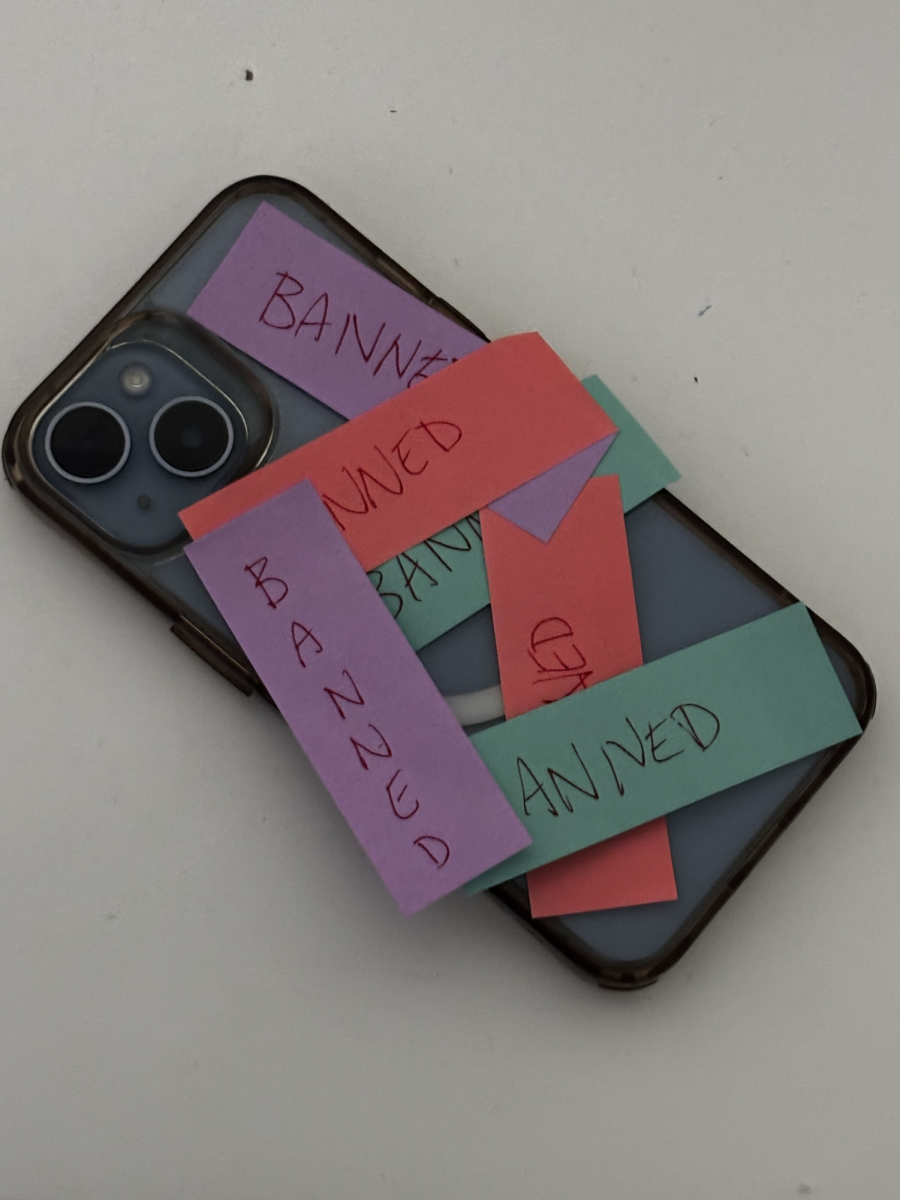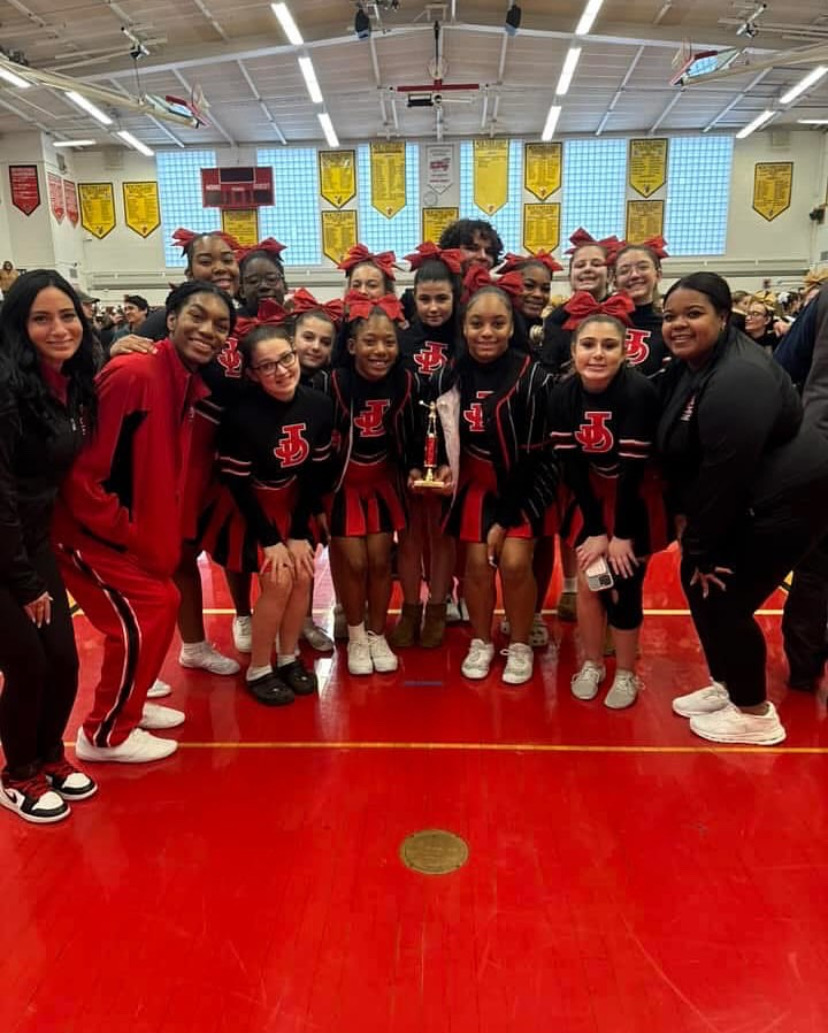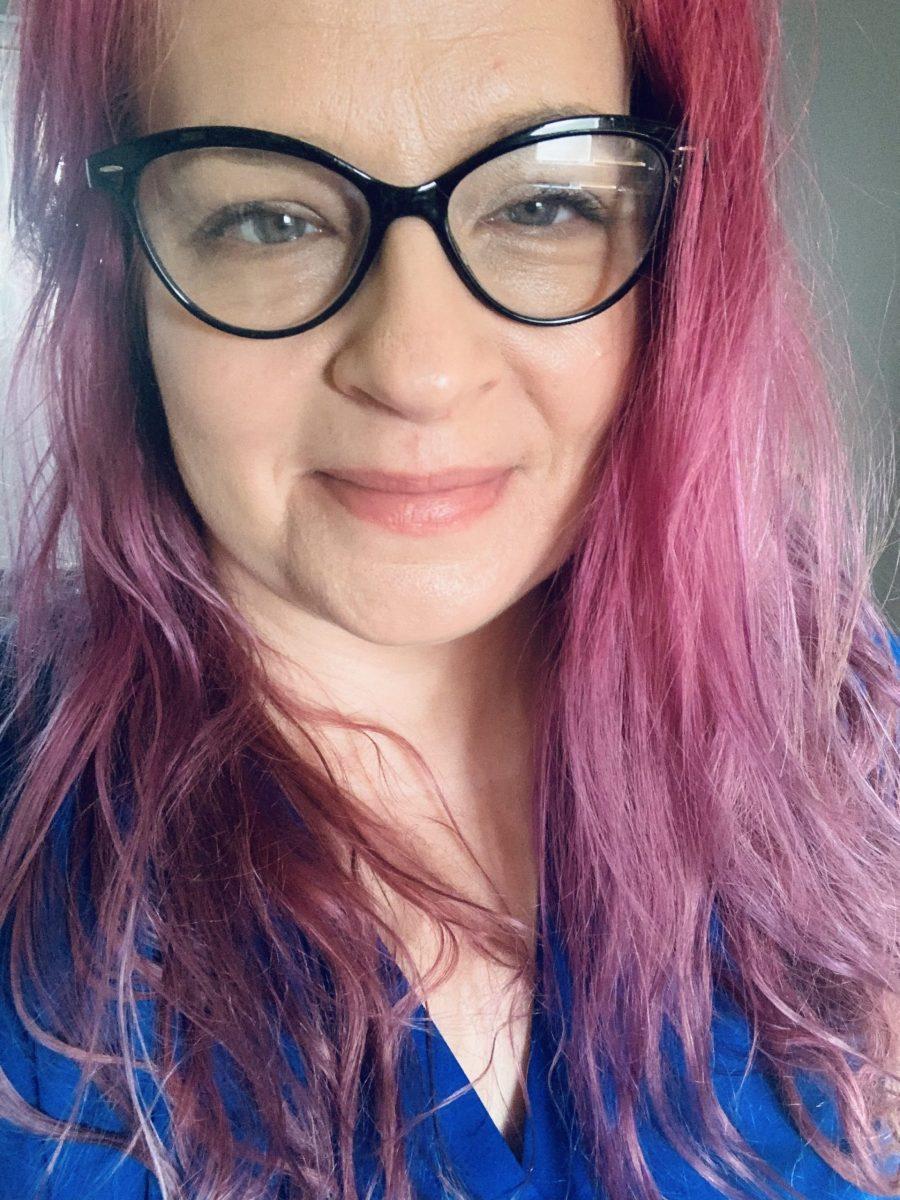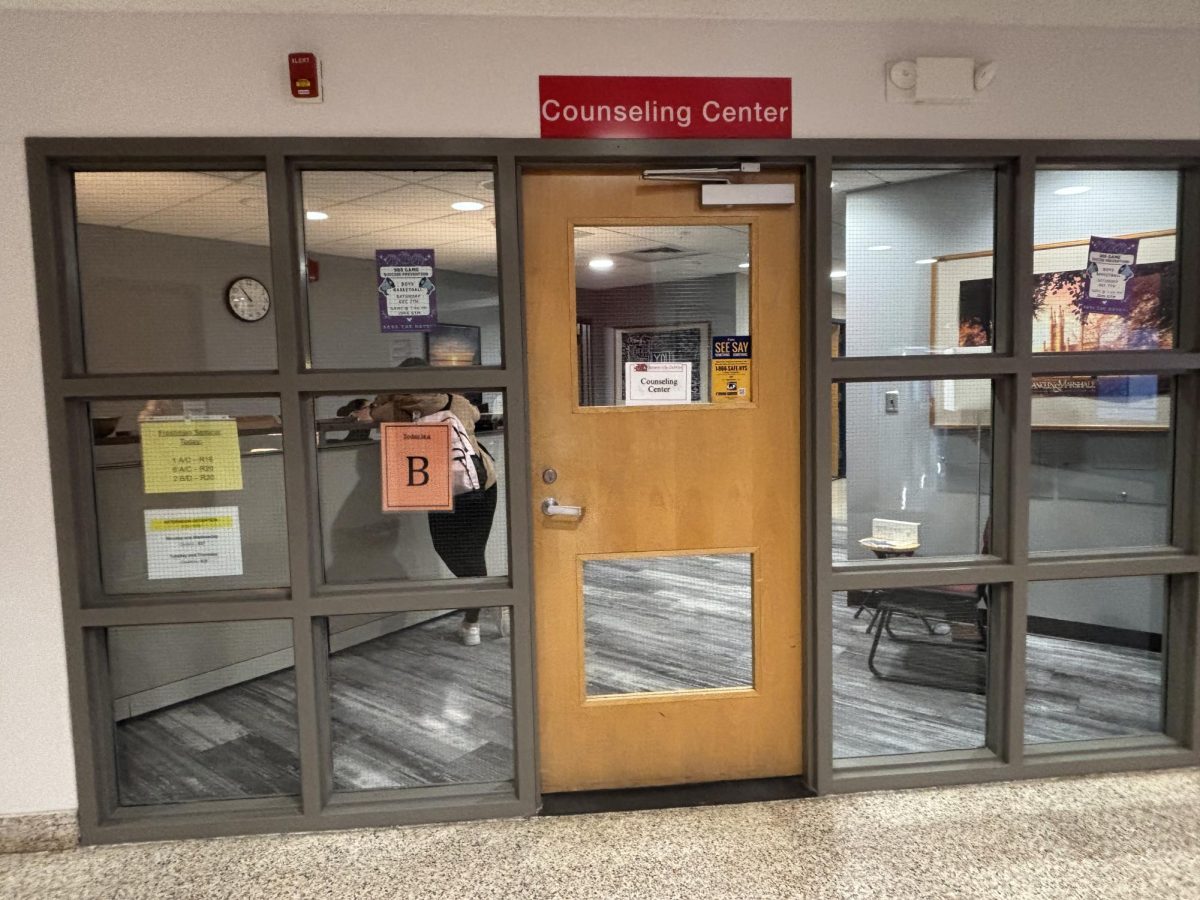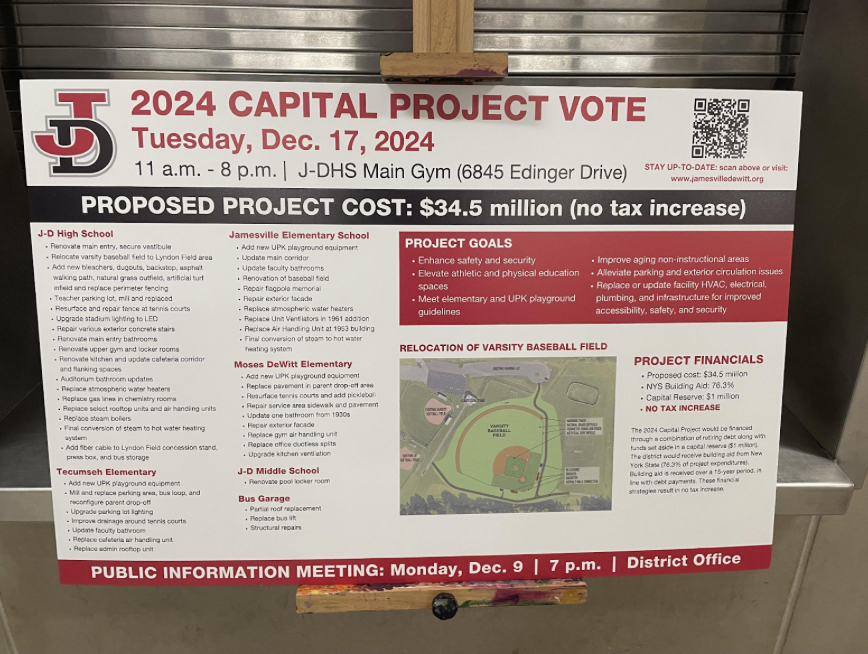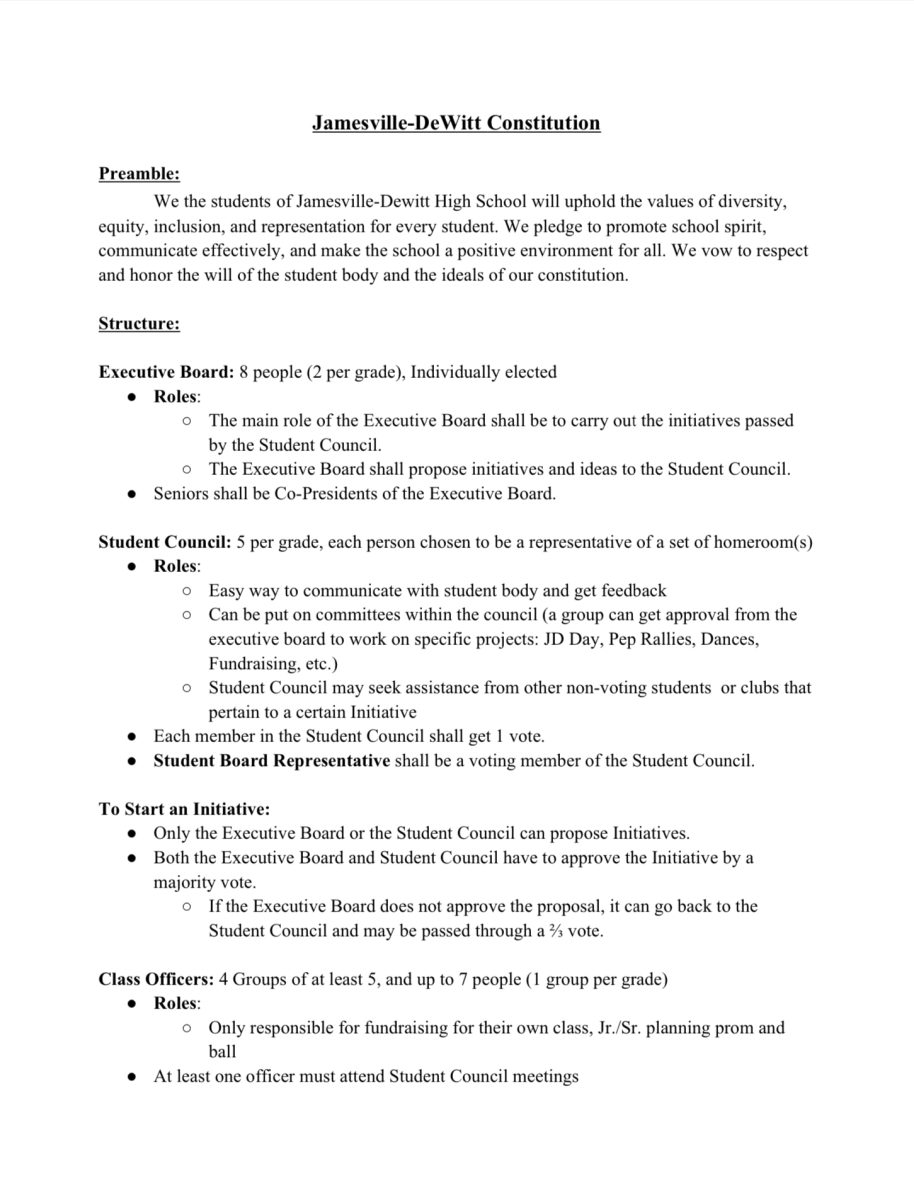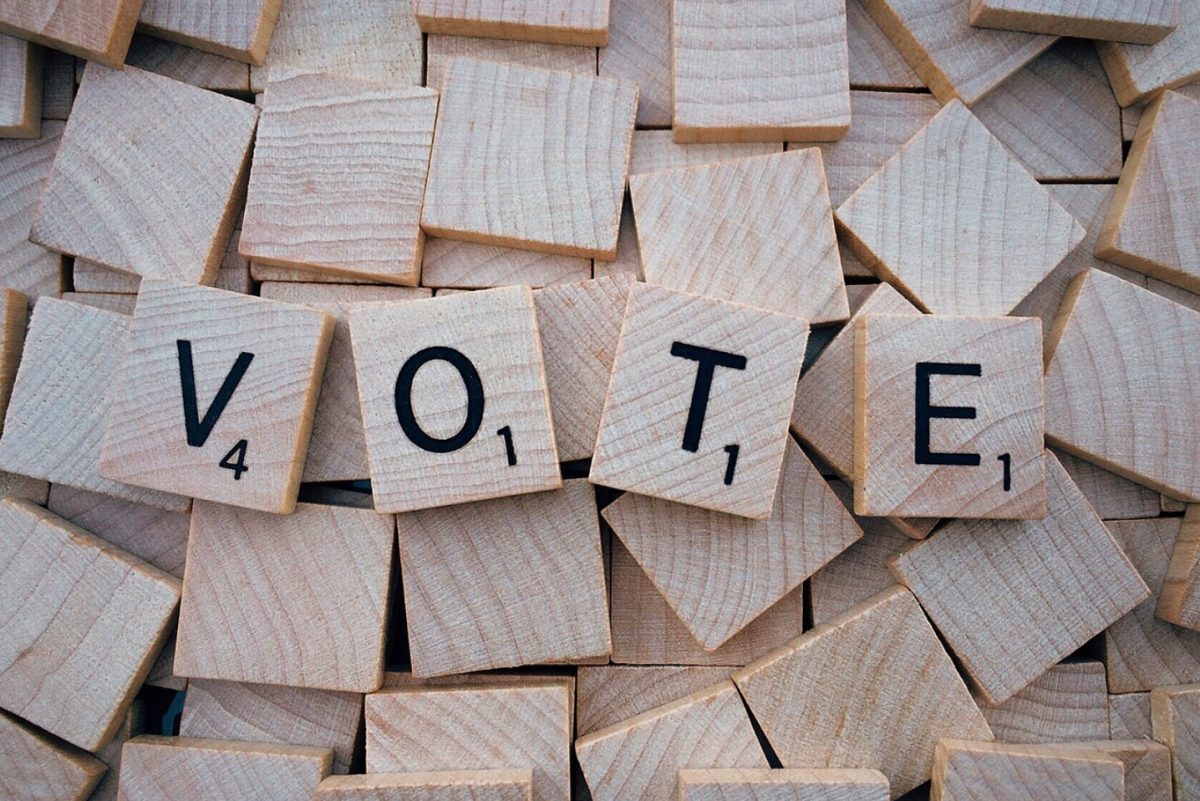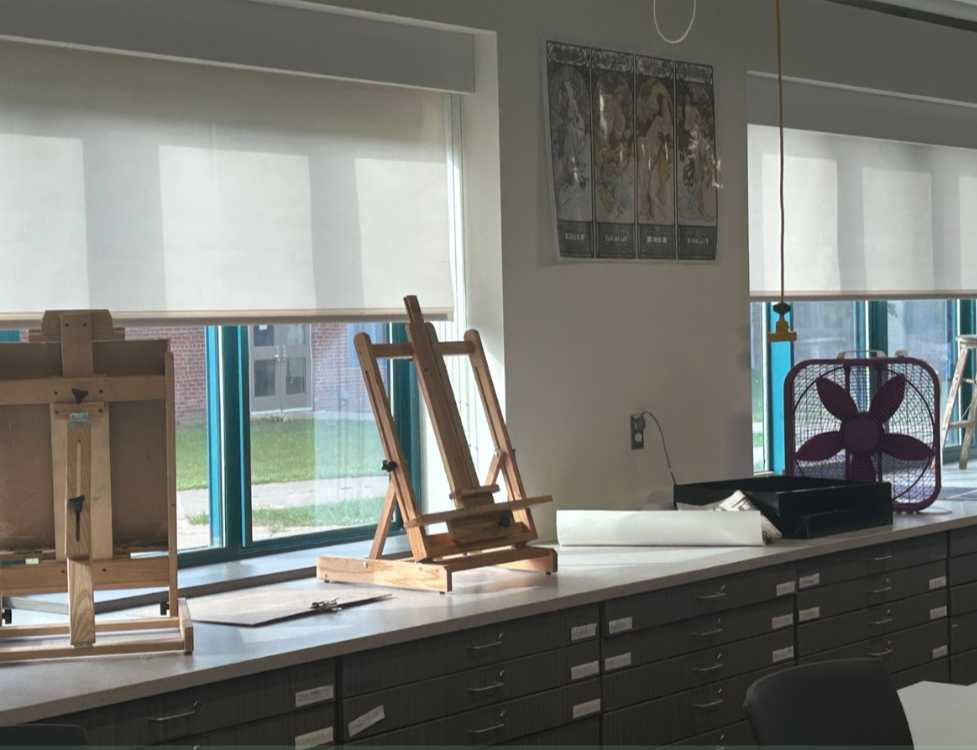How will you, as a Board member, impact the J-D schools and community?
My first ‘job’ will be to listen and learn. Besides the mandatory training I will do if elected, I am already reading and learning. There are several sources (including the New York State School Boards Association) that I have already started purusing to ensure I understand what a school board can do for their school community. Personally, I bring the idea of service leadership. My career as an occupational therapist, and by extension my life is dedicated to helping others. With my mentoring experience I bring leadership qualities of listening, identifying needs and problem solving for the common good. I also as a medical professional I am tasked with using evidence and data to assist my clients. I will continue to use this ability to accurately assess data and disseminate that information to make sure we are making good decisions for our students.
If elected, what would be the main goal of your agenda during your time as a Board member?
My number one agenda is to represent the overall school community well. My motivation to become a school board member comes from multiple experiences. I have two children, who happen to be twins, but learn in extremely different ways. One of my children in fact needs a 504 for several reasons. This has given me a (small) window into the need for our school to ensure all students get the best learning and school experience possible. Finding out there has been no formal ELA curriculum since 2003 was a large motivator as one of my children has a reading disorder. I also was motivated by learning about the bullying of students based on race, religion and gender identity that has been widespread. I would like the Board to be involved in tackling this issue head on. These issues are complicated, but I know that honest and forthcoming communication between teachers, students, parents and administrators is key. I feel many situations could be attended to by just talking to each other and including each other in the conversation.
Many areas in the school receive less attention than other areas, both financially and publicly. Do you believe they should all be covered equally? If so, how would you make sure all areas are covered equally?
I would agree that more attention does seem to be on certain areas than others. In the interest of diversity, I believe a look into how funds and publicity are allocated is in order. ‘Equal’ is a loaded word, I like ‘fair’ which is “everyone getting what they need to succeed,” not everyone necessarily getting the same things. This question itself brings up multiple questions of its own. Where do these extra funds come from? Who ensures publicity happens? How can we allocate time and funds appropriately? One way the Board can help is by educating ourselves on all the different activities and areas in the school. Then we need to push even more for recognition of these areas, even if they are not “traditionally popular”activities.
Moving forward, how would you plan to make changes to our materials, classrooms, and other areas of the school?
First, I would need to get more education on what the school Board’s role is in these areas. My understanding is a problem is identified and we look at data and information related to need and cost and then vote. Clearly, curriculum is an interest of mine and if we need to investigate new curriculum and vote on implementation then we will do that. Schools deserve up to date, evidence-based learning materials. As a Board member I will make sure whatever options are presented to me, I will read and investigate to ensure it is optimal for our students.
What do you believe is the most pressing issue facing the J-D district?
Communication and community engagement. By this I mean engagement with our students, teachers, parents and greater community. The world is changing, and we need to recognize our areas for improvement and listen to the right people to make sure we address it. We need as a school community to look within, recognize our biases and problems; and instead of hiding them, acknowledge them, listen, and seek help from others to change them. Admitting you are wrong or don’t understand something, is not weakness but a first step in open communication.
Many community members likely want to hear your stance on pertinent issues right now. What is your stance on the SRO position? What about the budget shortfall and COVID-19 restrictions being lessened?
The SRO position is in place for the next year, and I will support that decision that was voted on by the Board. School safety is a priority. Students cannot learn if their environment is not safe. Teachers have a right to feel safe at their place of work. However, the environment needs to be welcoming and safe for all students. Officers are, in my opinion (and borne out by data), not the number one choice. An officer’s job is to deal with a behavior and react when it is already a major problem. The best way to support our teacher and students is for us to increase funds for increased teachers to allow for smaller classes (thereby allowing teachers to identify issues before they are large), and increase mental health professionals to assist. Social and emotional health need to be addressed for all students and the stigma of mental health needs to be erased. As far as the budget, I will admit this is an area that I need to educate myself more on before I comment. I am happy to see a formal ELA curriculum in this budget along with training for staff. As far as COVID restrictions being eased, let me say this: I work in a hospital, and at the height of COVID I had full days of patients suffering from COVID. I am aware of how real it is. I want students and staff to be as safe as possible. I also understand science, and that we are watching science in real time. Data is updating and changing as we know more. I also know students need to be back in school, as they have missed so much. The vaccine came out, and teachers, if they wanted it, were prioritized (as they should be), and data showed that school aged children were not spreading it. I was an advocate for getting schools safely open. I think children in school are better at following regulations than many adults. If we can play contact sports, we can be back in school. I think we should watch data on infection as well to ensure guidelines are working and I am pleased to see a vaccine clinic at the high school for students 16 and over who want it.
What do you think of the position of student Board representative?
I am a staunch advocate for this position. Students should be involved in their own school as much as possible and as early as possible. School exists because we are educating our younger generation. It makes sense to include them. I have heard Max, the current representative, ask extremely good questions, and it is obvious he reads the materials. I would be open to even more student representation.
Do you believe administrators should have the final say over material published in the school newspaper, rather than students making the executive decisions?
If the material follows basic journalistic standards (appropriate and evidence based sources, no slander, etc.) as well as any pre-agreed-upon school standards and parameters, then students should be allowed to publish material that they write.
What are you going to do to make sure students’ voices are heard?
Like I stated above, maybe increased representation on the Board? Initiation of more diverse student committees for specific issues? Polling students to find out what they are most concerned about? A student-forward Board meeting with comments and discussion from students? Increased student presentations about activities at school at Board meetings? Actively going out to ask and engage students at meetings? I am not sure of the school Board’s full scope in this area, but if elected I would investigate these ideas.
Whose opinions (students, parents, or school officials) should carry the most weight in establishing school policies? Please rank them in order of value.
I think it’s not about opinion here. It’s about who is most qualified using science, facts, and ability to weigh the decision. I think school officials have the training and the responsibility to make the best decisions for their teachers and students. This responsibility means having no personal agenda, weighing the facts and data, and extrapolating how a policy will affect students. Another responsibility of school officials is to disseminate that decision in such a way that everyone can understand the reason a policy is made, and be transparent during the decision process. I think students should be involved from the beginning and along the way, not only because policies directly impact them, but we also expect our students to be the next generation of leaders. Why not show them how it works? Plus each generation of students is uniquely qualified to give information about how policy will affect them and each generation is more tuned in than the last. I think the role of the parent is to listen to their children, listen to the teachers and administrators and stay informed and involved in the school. All parties need to have respectful forward-moving dialogue.
All Board member articles 2021:
Carolyn Souser: https://jdrampage.org/meet-board-candidate-carolyn-souser/
Jalal Zoghby: https://jdrampage.org/meet-2021-board-candidate-jalal-zoghby/
Ruth Arena: https://jdrampage.org/meet-2021-board-candidate-ruth-arena/
H. Bernard Alex: https://jdrampage.org/meet-2021-board-candidate-h-bernard-alex/
Kelly Austin: https://jdrampage.org/meet-2021-board-candidate-kelly-austin/
Emily Costello: https://jdrampage.org/meet-2021-board-candidate-emily-costello/
Lisa McKenney: https://jdrampage.org/meet-2021-board-candidate-lisa-mckenney/


